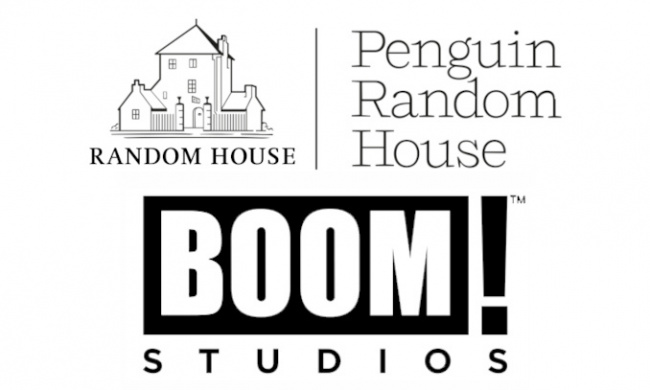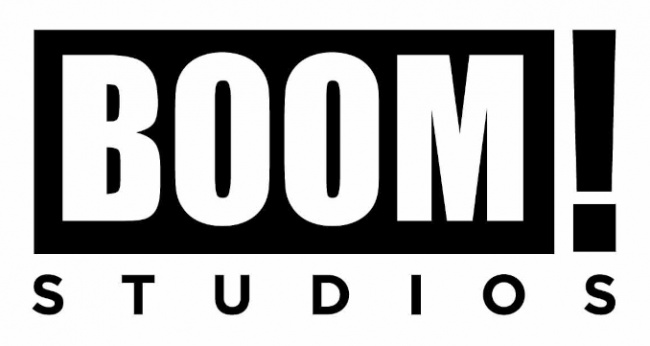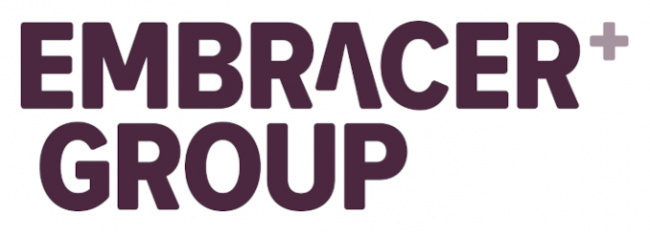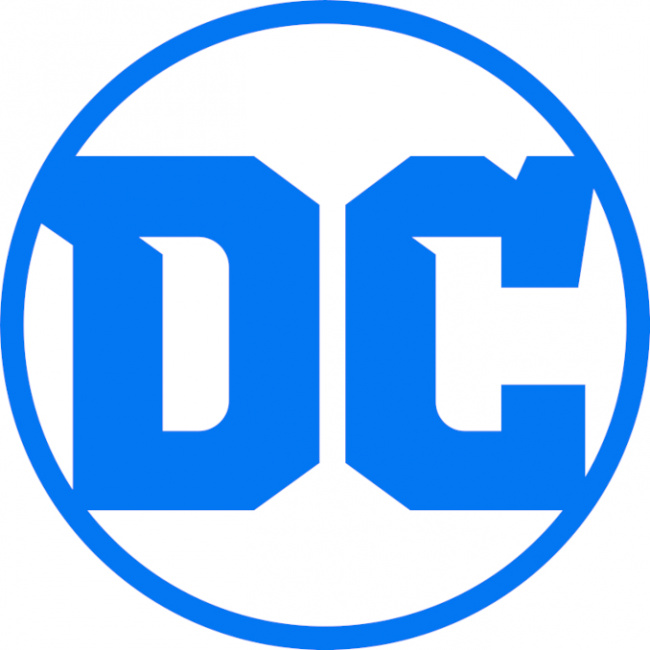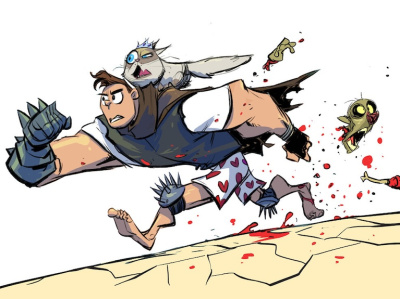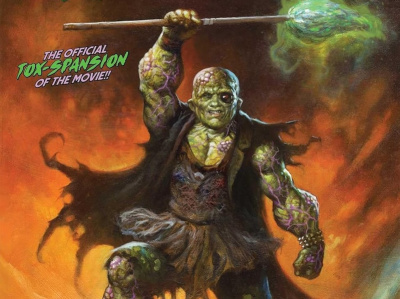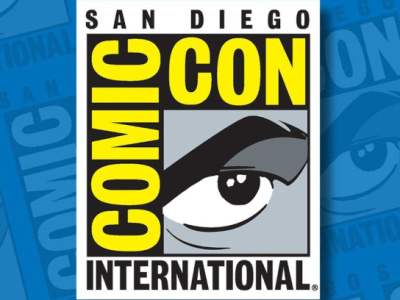PRH Acquires BOOM!
I have a few thoughts on the Penguin Random House acquisition of BOOM! Studios, announced on Friday (see "RH Acquiring BOOM!").
The first is a sense of disappointment, as a scrappy semi-independent comic and graphic novel publisher is eaten by Penguin Random House, a subsidiary of Bertelsmann, the largest publishing company in the world, with over $20 billion in sales worldwide in 2023. It’s one more example of the relentless concentration of capital and ownership that seems to drive our economy these days, which often leads to less creativity, less innovation, and fewer options for the consumer.
Still, I get it. Selling out to a strategic acquirer was the path BOOM! was on (after all, was it ever going to be as big as Marvel Comics or DC Comics, or even Image Comics?), and if it was good for the founders and other owners, I’m happy for them.
And for PRH, after its acquisition of Simon & Schuster was blocked over anti-trust concerns in 2022 (see "Merger Blocked!"), smaller targets may be its best opportunity to grow, especially in areas it sees as strategic opportunities. What’s most interesting to me is that PRH sees the comics direct market as an area of strategic opportunity beyond just comic distribution, which you can sort of see fitting with its book distribution business. But BOOM! is a very different business from PRH’s book publishing or distribution units.
I couldn’t think of another example of any PRH division publishing periodicals, and even if they are, they’re not comics, so that’s a new line of business, for all practical purposes, for the acquiring publisher. And BOOM! has been using Kickstarter, not only as a means of financing new projects (which it obviously would not need as a subsidiary of PRH), but also as a means of reaching a different set of customers than it reaches through distribution or its own DTC sales (see "Interview with Filip Sablik"). That puts PRH into not only a new line of business but also a new channel.
What we saw when PRH got into comic distribution was that it wasn’t that great to begin with, but it improved its operations over the first couple of years to where I’m now told by retailers their service is comparable to the other two main U.S. distributors (Diamond Comic Distributors and Lunar Distribution). That’s a promising sign as PRH integrates BOOM! into its overall operations, something PRH has done many, many times before, but the many differences between the two companies are going to present some interesting choices.
And speaking of choices, it’s going to be interesting to see what happens to BOOM!’s distribution, currently via Diamond Comic Distributors to the direct market and through Simon & Schuster to the book trade. PRH has promised that BOOM! will operate independently, but I’ll be surprised if they don’t take over distribution as contracts expire.
The BOOM! acquisition by PRH marks the departure of Disney as an owner of a non-Marvel comic publisher (Disney acquired the Fox share in BOOM! when it bought Fox in 2017, see "Disney-Fox Deal Signed"). There were never any indications that either Fox or Disney was interested in integrating BOOM! into their other operations, so it makes sense that Disney divested in this deal.
Embracer Refinances
Asmodee and Dark Horse Comics parent Embracer Group has successfully refinanced and expanded a revolving credit facility, as it continues to restructure after the breakdown last year of negotiations to bring in $2 billion of new capital from an arm of the Saudi Arabia sovereign wealth fund (see "Asmodee Sales Up"). The new facility is through seven banks in Europe and North America, including Citbank and J.P. Morgan. It provides €600 million in available credit (about $654 million at today’s exchange rate), replacing a €420 million line with considerable room to spare, under improved terms. The fact that Embracer was able to raise more money at lower interest cost, nearly a year before its old line expired, is a sign that bankers view its planned restructuring, which involves a spinoff of Asmodee (see "Embracer to Spin Off Asmodee"), as a positive step.
DC's Declining Direct Market Share
I also wanted to comment on our report on DC Comics' declining market share last week, in which we noted that DC's share has dropped substantially over the past five years, and is now less than half of Marvel's (see "DC’s Market Share Continues to Decline"). My view is that the superhero business needs two strong publishers, and right now, DC appears to have withdrawn from the field to a significant degree, which is not good for the business. That withdrawal began under Pam Lifford's leadership and AT&T’s ownership (see "WarnerMedia Layoffs Hit DC Again"), neither of which were friendly to the comic business, and there does not appear to be a significant change of direction under the new regime of Warner Discovery (see "DC Boss Exits").
While there are some signs of life at DC, they aren't in the comics business; instead, they're in the book business, visible from two stories we also reported last week. One was the success of DC’s new Compact Comics Editions (see "DC Title Makes the Top 20"). OK, it involves repackaging decades-old material, so it’s not exactly a creative breakthrough, but it is new sales that weren’t happening before. The other was our exclusive coverage of DC’s five new middle-grade graphic novels planned for early 2025 (see "DC Reveals Middle-Grade Graphic Novels"), one area that seems to be getting more attention from DC.
In comics DC has its growing Black Label line, its Elseworlds titles, events like this summer’s Absolute Power titles, and the occasional title that rises above their average, but they’re just not on a scale that’s competing with what Marvel’s putting out right now.
We were glad to hear that DC is expanding its presence on the floor of San Diego Comic-Con this year, after a 2023 return from a complete absence in 2022, so we hope that’s an indication that DC sees opportunity in the core comics market and has a willingness to invest in growth there.
I’ll be in San Diego next week and at Gen Con the week after, so say hi if you see me there.
Please subscribe to ICv2 Pro, which supports ICv2's business journalism.



